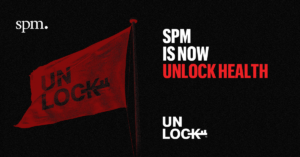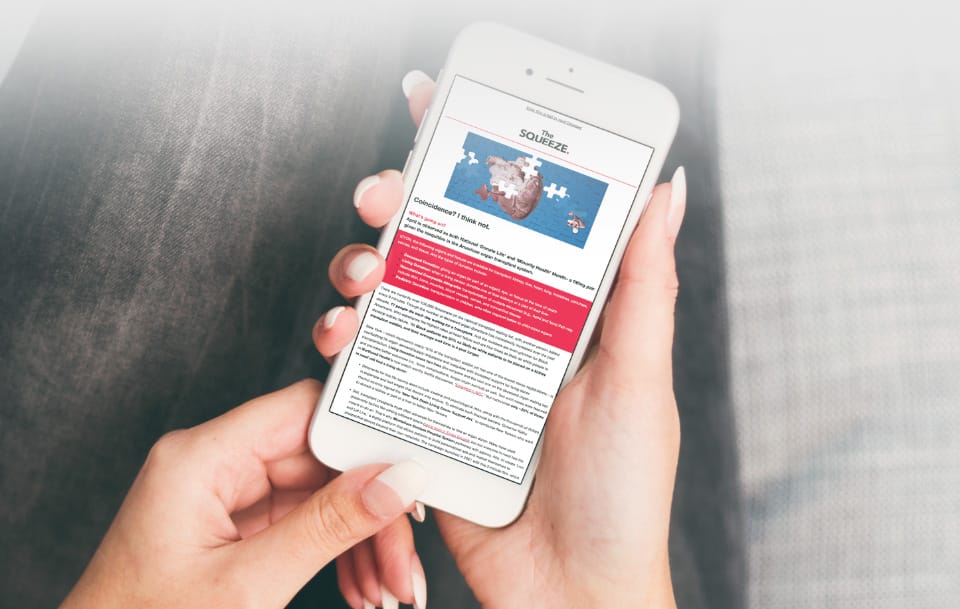Honoring Caregivers: No Love Like It.

What’s going on?
This campaign gives the caregivers of people with disabilities credit where credit is [long over]due.
Disability Pride Month has been commemorated since July 2015, the 25th anniversary of the Americans with Disabilities Act (ADA), which prohibits discrimination based on disability. Despite this landmark legislation, societal barriers to inclusion unfortunately still exist today. Hence why Disability Pride Month celebrates the uniqueness of people with disabilities and the wide range of support they need.
Most of that support falls on caregivers– typically relatives, friends or neighbors providing unpaid care like feeding, clothing, and bathing. Many have no medical training and selflessly take on the emotionally and financially stress-inducing responsibility of nurturing their loved ones. For decades caregivers globally have struggled in desperation and anonymity, but organizations have recently begun to illuminate their indispensable efforts.
Swedish-based adult incontinence brand, TENA, is doing just that with their “No Love Like It” campaign developed with AMV BBDO. Running across Europe and Canada, the campaign celebrates those who step up to the challenge of caregiving with private scenes of real people caring for children, parents, and spouses with disabilities. Informed by research that showed that 47% worry about taking care of a loved one in the future, this quietly powerful film shares the unembellished and brutally honest joys, pains, and transcending love of caregivers:
According to TENA, #NoLoveLikeIt aims to support caregivers beyond the brand’s products and “recognize their varying experiences and contributions and help to shine a light on something that will be a reality for many of us at some point.”
What's The Squeeze?
Caregivers are the backbone of our long-term care system and their invaluable impact should not be overlooked, both as influencers and individuals.
According to the AARP, more than one in five Americans were caregivers as of 2020, and their ‘Valuing the Invaluable’ report from March documents that 36 billion hours of free care is devoted each year to older loved ones. Considering that over 60% of caregivers work full- or part-time and 30% live with a child or grandchild, the AARP argues that they deserve more federal assistance. They co-developed and delivered the National Strategy to Support Family Caregivers to Congress last year in hopes of providing tangible help to family caregivers.
Part of the strategy calls for caregivers to be involved in their loved ones’ hospital discharge processes, which would mean greater influence for the 35% of American adults who are involved in their parents’ healthcare decisions, according to the SPM Consumer Compass®.
These stats provide those of us in healthcare communications with important insight into caregivers both as a target audience and ally in providing care. Are we doing enough to recognize caregivers’ significant size, scope, and spectrum of emotions in the healthcare landscape? And are we doing our part to recognize and foster the same potential that they do in their loved ones with disabilities?
We’d be remiss not to mention a few ways to do so as we close out Disability Pride Month 2023:
- Prioritize disability within DEI efforts. The diverse perspectives and unique challenges of individuals with disabilities should be addressed just as much as race, gender, sexual orientation, etc.
- Include authentic representation within marketing. Forbes estimates that only 0.9% of advertising includes representation of people with disabilities and is often enacted by non-disabled actors.
- Ensure a disability-inclusive and accessible user experience. Not only is this critically beneficial for patient, job seeker, and employee web visitors, but to your organization’s reach as well.
SPM Group’s Dreamscape Marketingwas named accessiBe’s Inclusive Agency of the Month in March.
Related Insights.

Dare to Dry?
A record 27% of Americans were highly likely to participate in Dry January and beverage brands crafted unique strategies to step up to the challenge.

Jingle All the Way Down Memory Lane.
This innovative initiative leveraged nostalgic advertising jingles to help Puerto Ricans with Alzheimer’s to remember their past.

Unlock Health Announces Acquisition of SPM Group, the Premier Network of Health and Healthcare Marketing Agencies
The acquisition positions Unlock Health as the leading growth marketing platform in the health services sector by size, scale, and breadth of capabilities. NASHVILLE, TENN.

Get The Squeeze.
Receive the latest trends and insights from all around the world of consumer advertising and healthcare marketing straight to your inbox. From new tools to noteworthy campaigns, we’ll break it down and give you all the juice.




